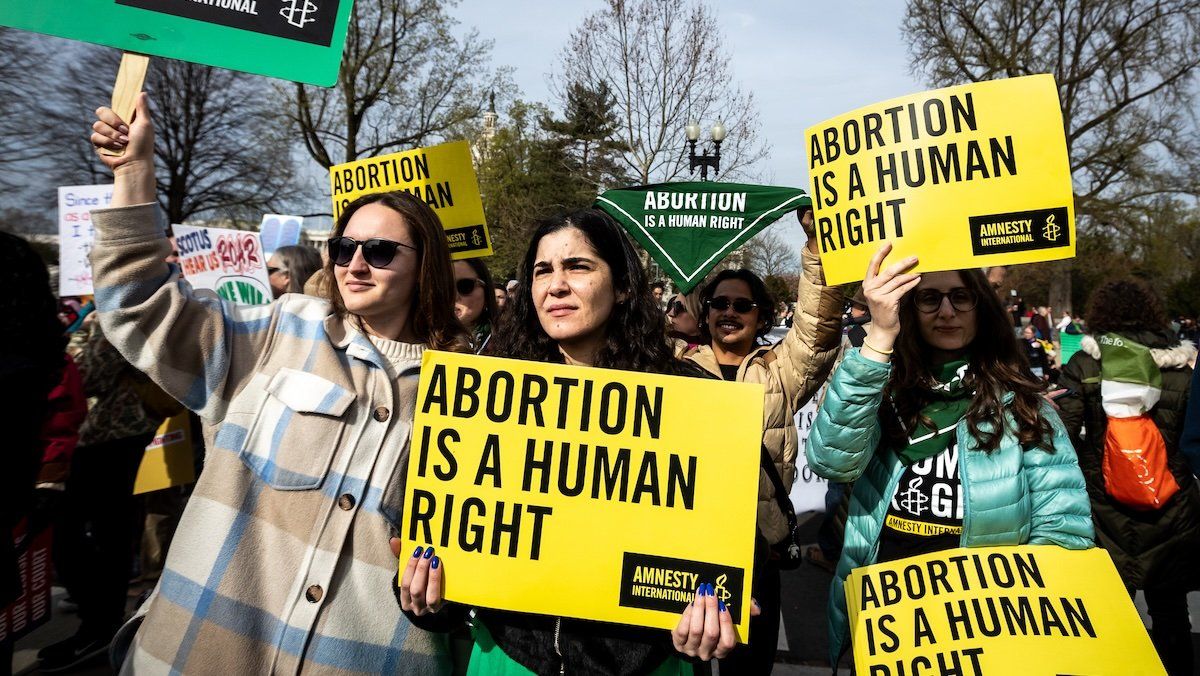The US Supreme Court heard oral arguments on Tuesday in a case over whether to limit access to mifepristone, one of two drugs used in medication abortion.
It’s the first abortion case before the high court since its conservative majority overturned Roe v. Wade in 2022. And it has major potential ramifications: 63% of all US abortions last year used mifepristone.
Justices are considering whether to roll back FDA rule changes that expanded the ways the drug could be prescribed and dispensed, including via telehealth and by mail. The plaintiffs, a group of anti-abortion doctors, contend that mifepristone is dangerous — though multiple studies found the drug both effective and safe.
What’s at stake? The court’s decision is expected in June. If it rules in favor of restricting access to the drug, it could impact availability nationwide, even in states where abortion remains legal.
And any such decision would likely make abortion even more of a key issue in the 2024 presidential race. Democrats have performed well in elections where abortion has been on the ballot, so siding with the plaintiffs could present a challenge to former President Donald Trump. He is anti-abortion and appointed three of the six conservatives on the court. That said, even they appeared skeptical of the arguments presented by the plaintiffs, and concerned over the implications of challenging the FDA’s authority to approve medications.
